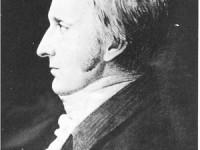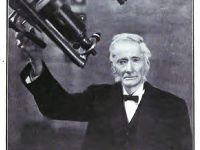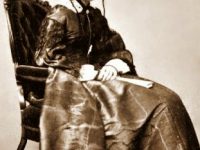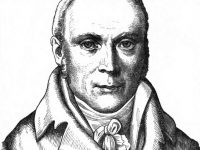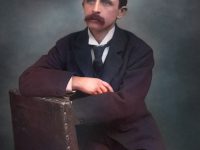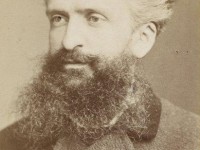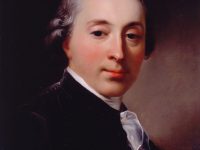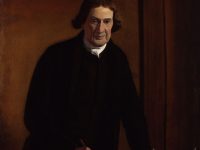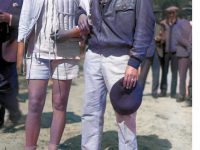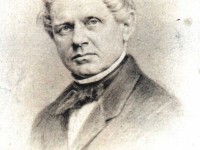Thomas Wedgwood – possibly the First Photographer
On May 14, 1771, early experimenter in the field of photography Thomas Wedgwood was born. He is the first person known to have thought of creating impermanent pictures by capturing camera images on material coated with a light-sensitive chemical. His practical experiments yielded only shadow image photograms that were not light-fast, but his conceptual breakthrough and partial success have led some historians to call him “the first photographer”. Thomas Wedgwood – Early…
Read more

